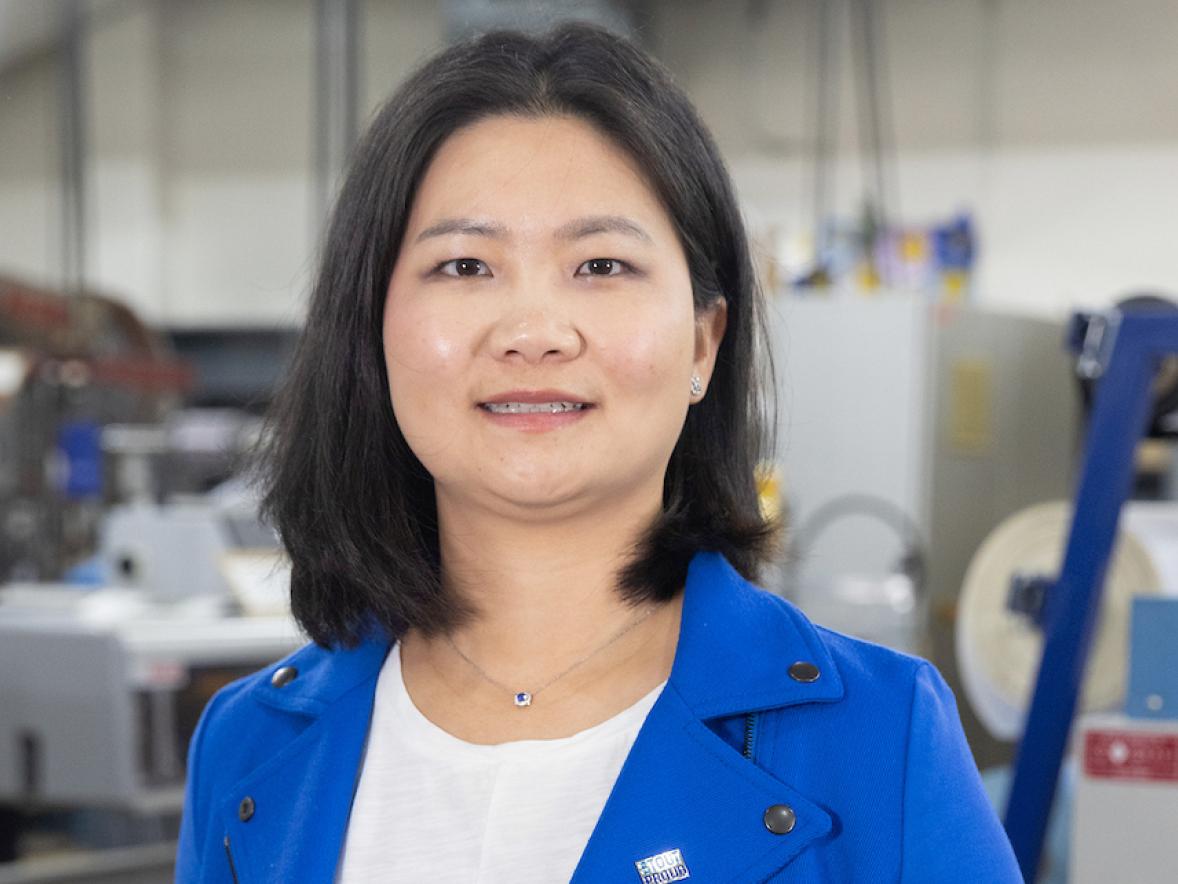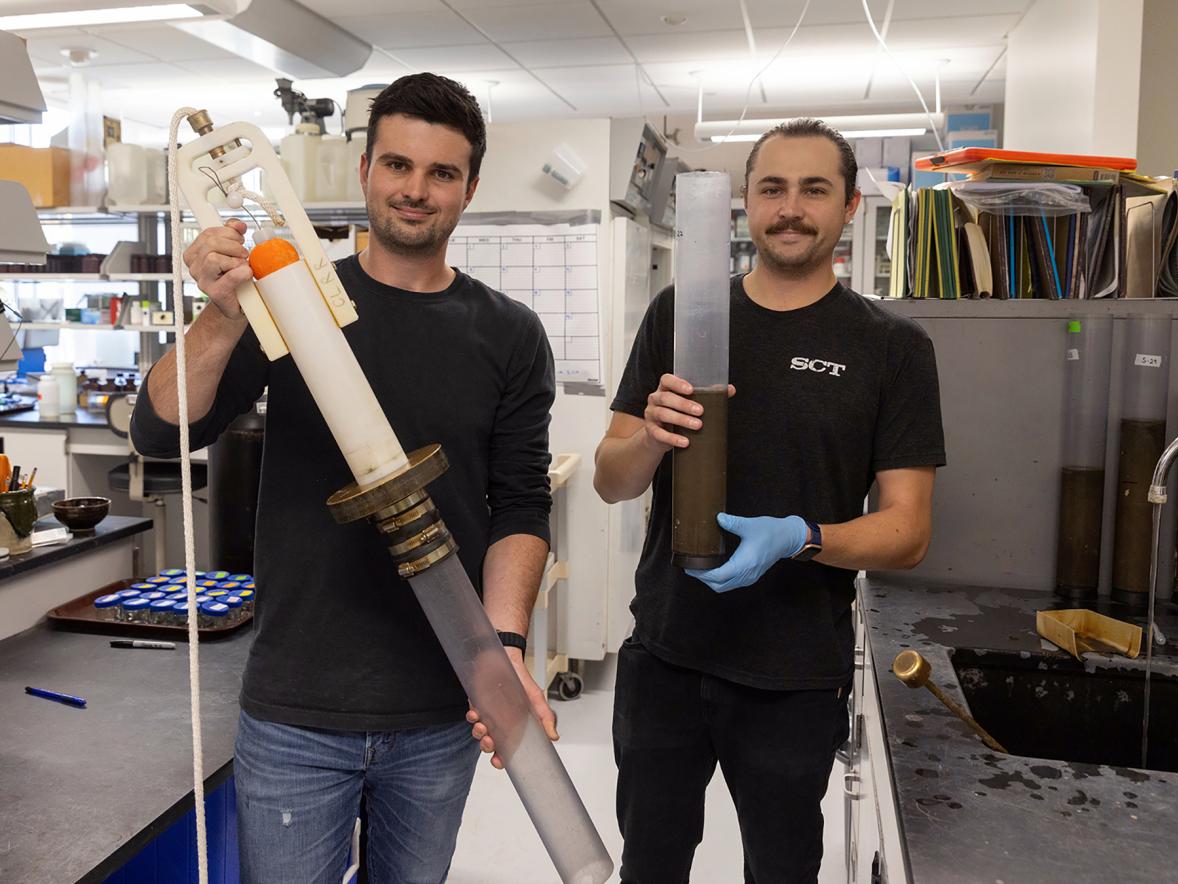What could health care of the future look like? It could look exactly like a program called Mayo Clinic Advanced Care at Home — hospital-quality care in your home — that already is offered at select locations across Mayo Clinic.
Just like it sounds, ACH gives certain types of patients the option to remain at home — using 21st century technology for virtual care and home visits to stay in touch with providers around the clock — rather than be admitted to a brick-and-mortar hospital.
Whether or not ACH and the growing hospital-at-home movement blossoms into the health care model of the future throughout the Mayo system and across the nation will take more time and more work. A piece of that work is being done by two UW-Stout sociology professors, Nels Paulson and Jeffrey Sweat, in collaboration with Mayo Clinic.
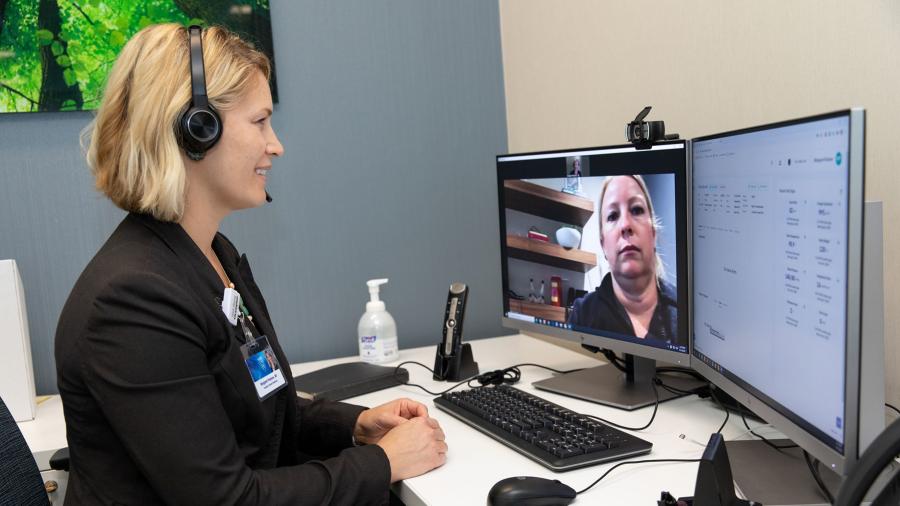
Paulson and Sweat, along with Dr. Margaret Paulson of Mayo and other co-authors, each have published a research paper in medical journals analyzing aspects of ACH and what barriers exist to expanding it. ACH began during the COVID-19 pandemic in 2020 in Jacksonville, Fla., and expanded to Mayo facilities in Eau Claire and Phoenix, Ariz.
“There’s an acknowledgement in the medical community that you can only build so many hospitals,” Nels Paulson said. “Patient satisfaction is just really high with hospital at home. You can be surrounded by families and home with your dogs. Even though there are challenges in the short-term, this is a long-term, important movement.”
Dr. Margaret Paulson, an internal medicine physician, helped launch the program and is medical director for Mayo’s Eau Claire ACH. “With the power of technology, we can be at the patient’s bedside 24-7. If we can provide increased access to our communities, that would be a huge win. We think the future is bright with this model of care.”
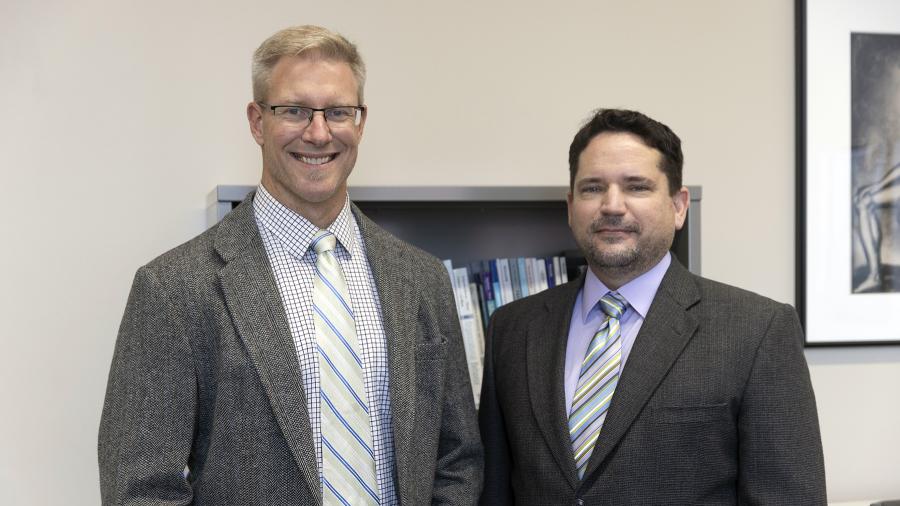
Patients whose health issues are a good fit for ACH, such as those with congestive heart failure or skin infection requiring IV antibiotics, are connected online around the clock to a command center staffed with doctors and nurses, who visit patient homes to administer IV medications, conduct exams, do physical therapy and more. Medical equipment, personalized to each patient, is delivered to the home.
Mayo is finding that ACH patients, close to 3,000 to date, are less likely to be readmitted to the hospital and have lower mortality rates than similar hospitalized patients.
“When it comes to safety, affordability and satisfaction, we’re at least equivalent – if not better – than the physical hospital,” Dr. Michael Maniaci, ACH medical director for Mayo’s Florida program, told Home Health Care News.
Turning conversation into collaboration
Margaret Paulson and Nels Paulson are married. When they discussed the program at home around dinner, Nels realized some of the questions surrounding it, such as patient hesitation to try ACH, challenges of equity and inclusion in rural places, and issues facing doctors and staff, were sociological.
“We aren’t trained in the science of asking questions like social scientists do, so it was a natural collaboration with UW-Stout, Nels and others on the team,” Margaret Paulson said.
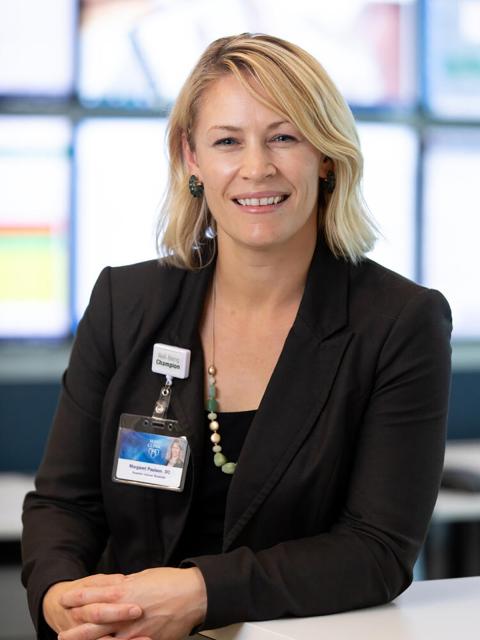
UW-Stout has an applied social science major, with a concentration in sociology and anthropology. Sweat is an expert in medical sociology who has conducted prior research on social factors that contribute to health disparities. He has also studied barriers to accessing medical care, an issue that is of particular relevance to ACH.
“Social determinants of health are a top line of inquiry in health care right now,” Nels Paulson said.
In August, Nels Paulson, Margaret Paulson and four others published “Why U.S. Patients Declined Hospital-at-Home during the COVID-19 Public Health Emergency: An Exploratory Mixed Methods Study.”
Key findings about why patients refused to participate included not fully understanding the program and domestic issues. Women, for example, “cited an inability to perform domestic roles while receiving care at home as a challenge.”
In April, Sweat, Margaret Paulson and two others published “Staff Successes and Challenges with Telecommunications-Facilitated Patient Care in Hybrid Hospital-at-Home during the COVID-19 Pandemic.”
They interviewed health care providers at the Florida and Wisconsin ACH locations to identify themes related to hospital at home and hybrid care from the perspective of the personnel delivering the care. They also identified areas for future research related to staff satisfaction.
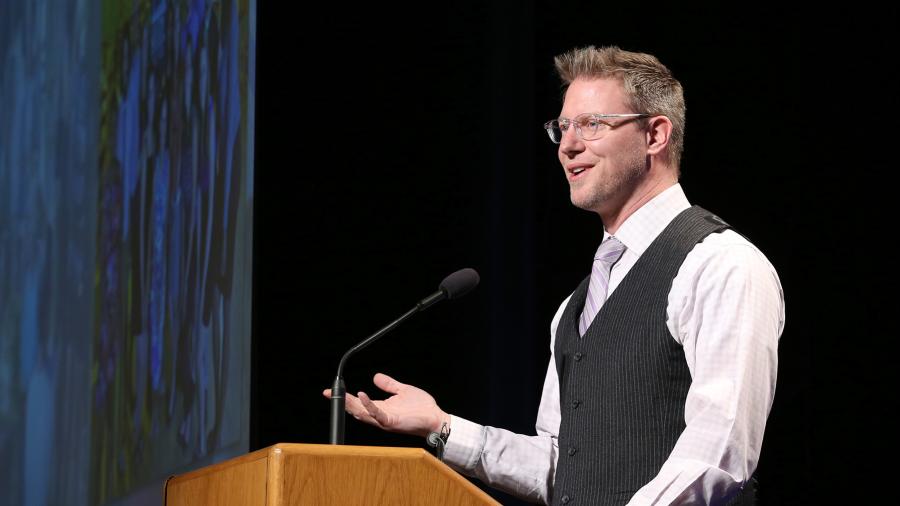
Nels Paulson and Sweat have begun research on a third article, which will focus on social determinants of health and ACH patient outcomes. Nels Paulson is also working on another article related to public policy and equity for hospital and home programs with physicians at Harvard University. Currently, Medicaid doesn’t cover the cost of home care programs, one of several regulatory challenges ACH faces before it and other programs like it across the U.S. can expand.
Nels Paulson is scheduled to speak at the Hospital at Home Leadership Summit Nov. 29 to Dec. 1, in Scottsdale, Ariz.
“The research is helping us find blind spots to improve our team. We want to be clear in how to communicate with patients,” Margaret Paulson said. “A lot of people just don’t know enough about what hospital at home is even internally, so having everyone on the same page is very important in recognizing issues and ensuring our patients can make informed decisions about their care.
“The broader concept of collaboration and partnership is something leaders at Mayo are very interested in. It’s a blessing to have access to the social sciences,” Margaret Paulson added.
Nels Paulson also is excited to be involved in a new frontier in health care where inequities involving such things as race, gender, ethnicity and poverty are built into the care model.
“It’s really a struggle for a lot of institutions to remedy those problems of equity, diversity and inclusion. When you overtly plan ahead you can try to do things better. The Advanced Care at Home staff are very open to hearing about and addressing that. It makes me feel good to contribute to that movement in our health care system,” he said.
###





